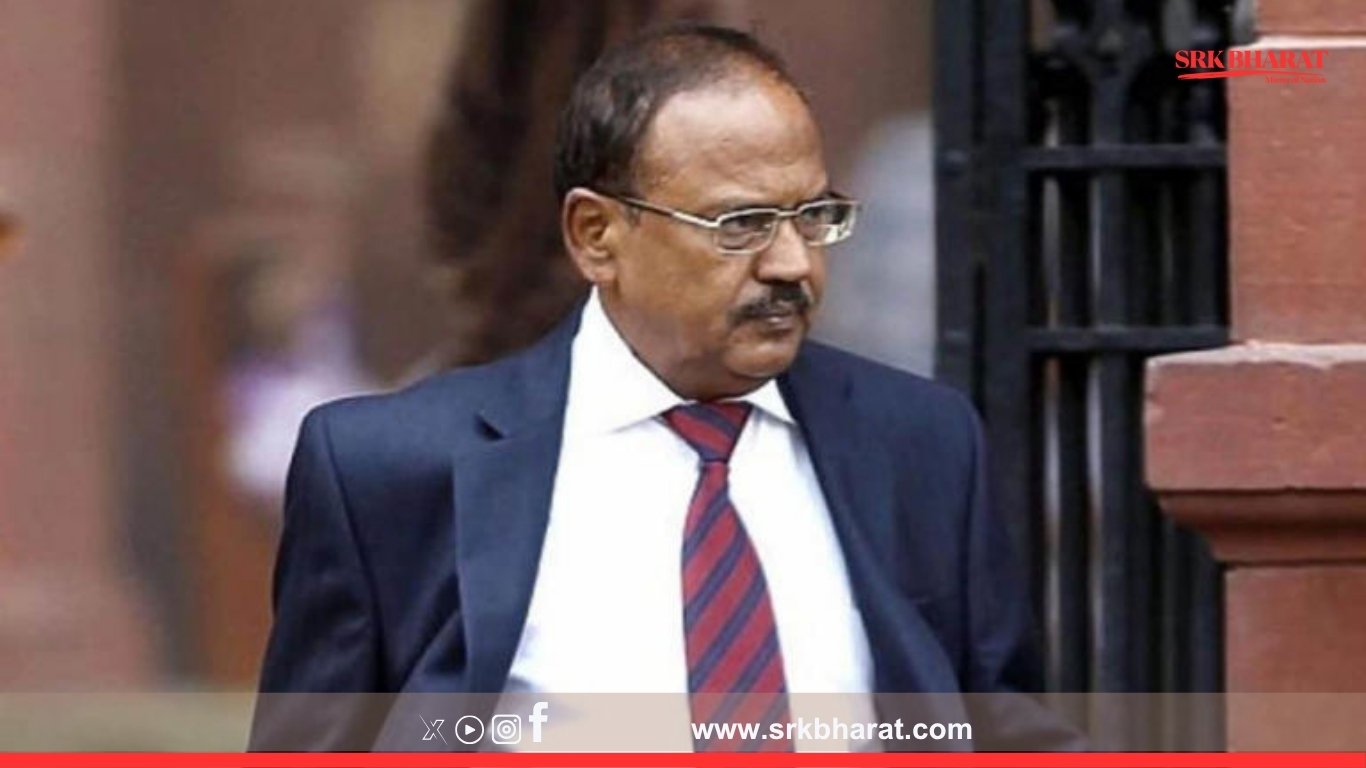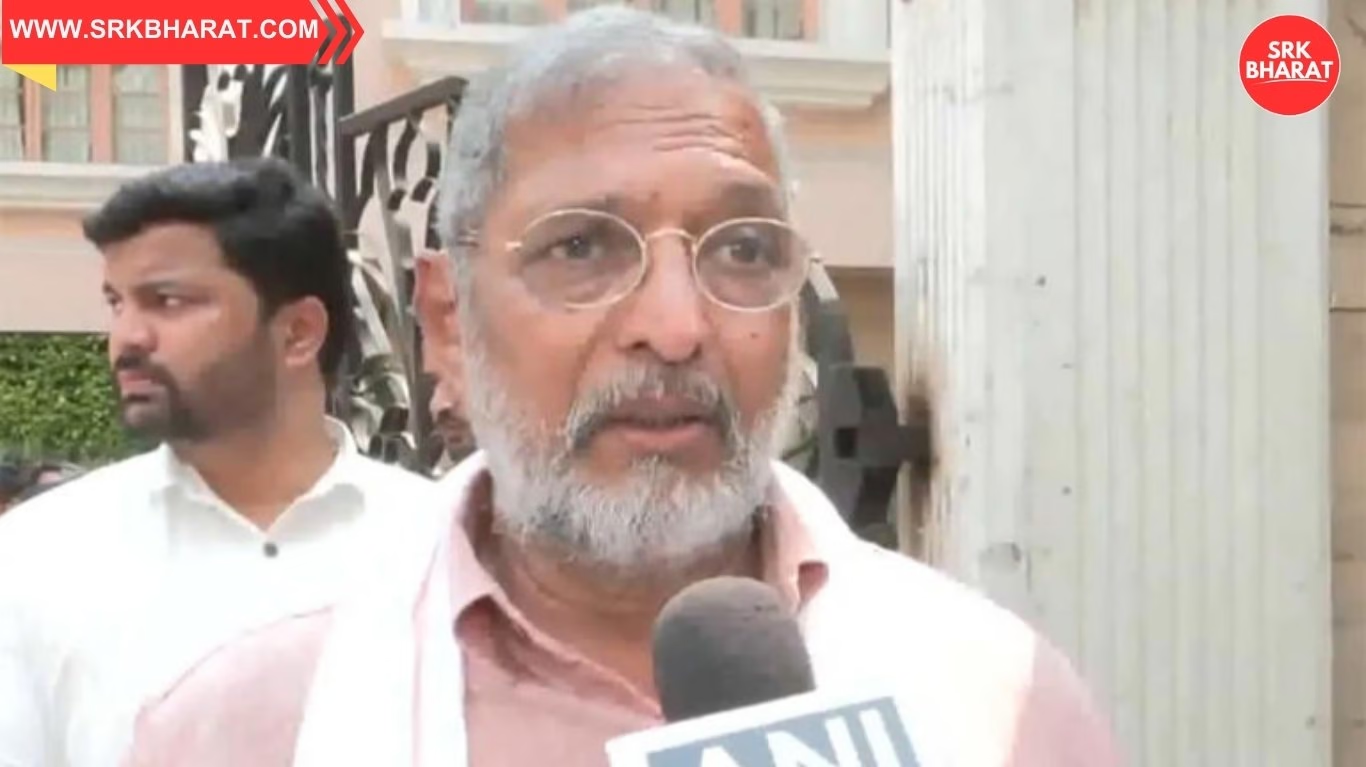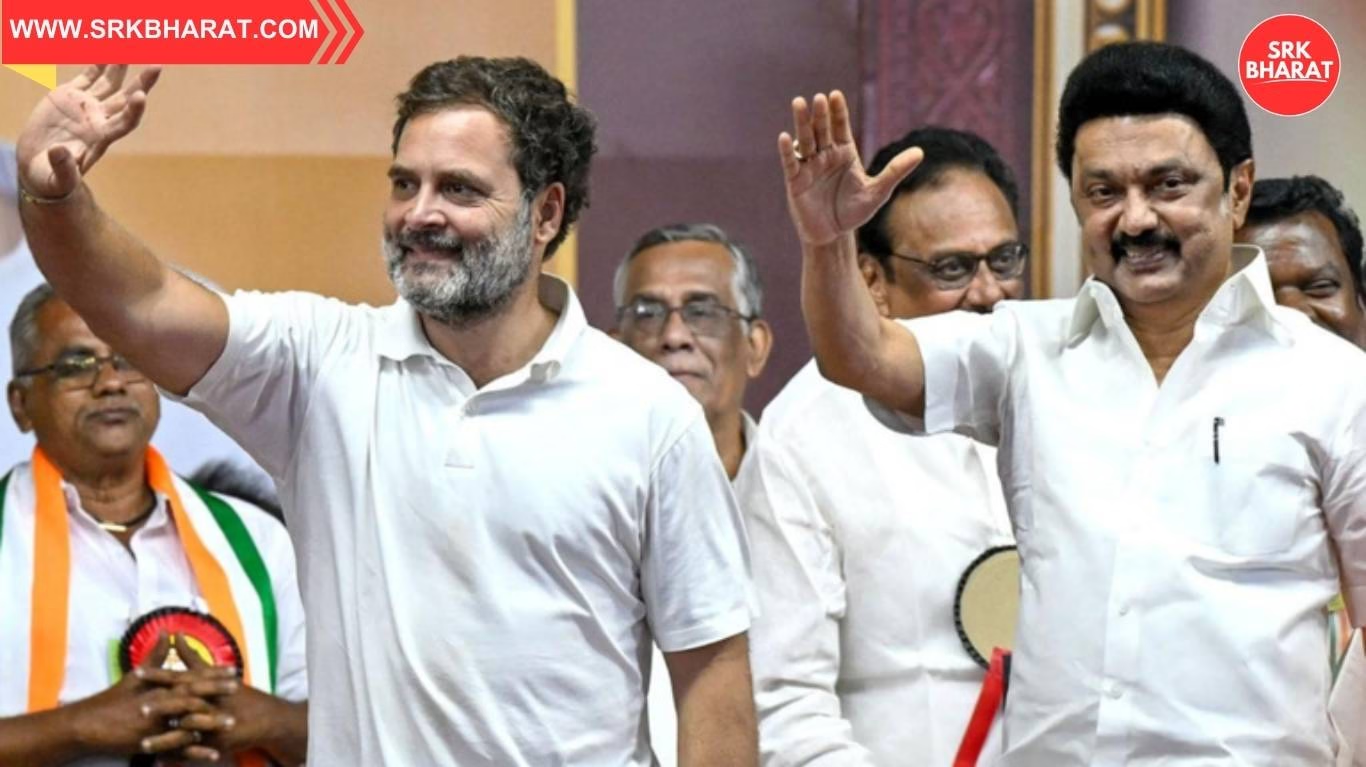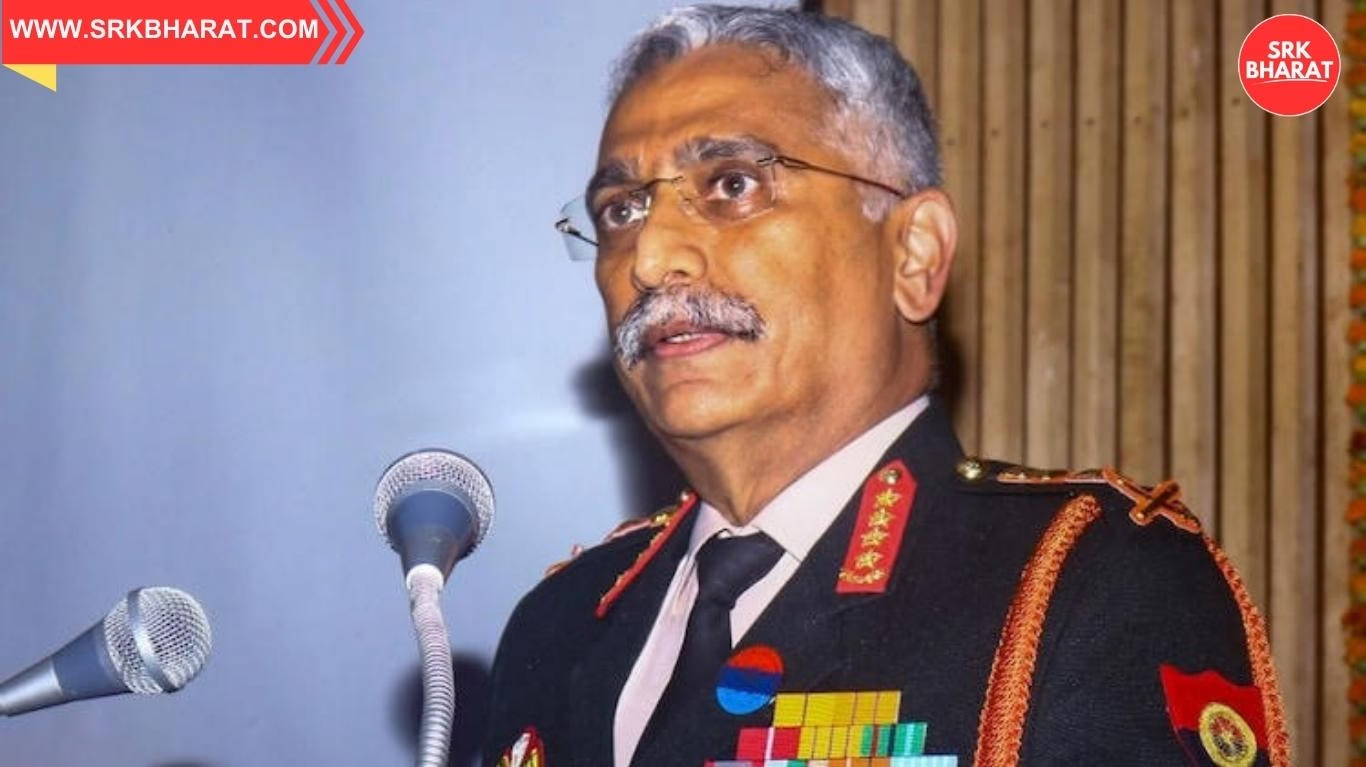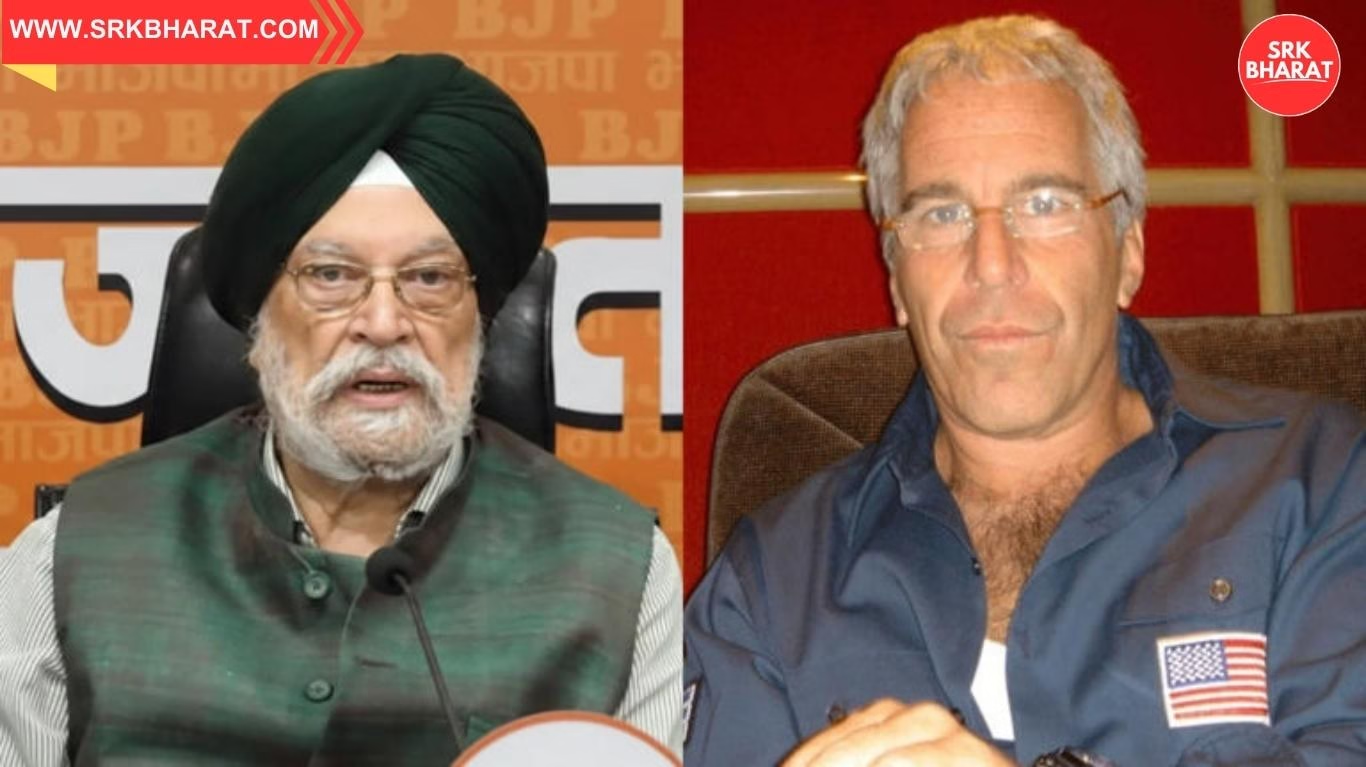Indian intelligence and security establishment sources have categorically dismissed Pakistan’s recent allegations regarding the so-called “Doval Doctrine,” terming them baseless, fabricated, and devoid of any actionable proof or strategic credibility. The statements come in response to a series of assertions by Pakistani military-backed analysts and media outlets claiming that India, under National Security Advisor Ajit Doval’s leadership, is pursuing an aggressive covert doctrine to destabilise Pakistan internally through hybrid warfare, sabotage, and diplomatic isolation.
What is the ‘Doval Doctrine’ Allegation?
In recent weeks, multiple Pakistani think tanks and semi-official commentators have alleged that:
- Ajit Doval, as NSA, has formulated a doctrine to weaken Pakistan internally, employing intelligence operations, economic coercion, and diplomatic offensives.
- India is actively supporting insurgencies in Balochistan and Khyber Pakhtunkhwa.
- The doctrine aims to force Pakistan to change its Kashmir stance by creating multi-front internal challenges.
Pakistani media has referenced old speeches by Doval outlining India’s policy of “defensive offence” as supposed proof of a structured, covert sabotage plan.
India’s Strong Rebuttal
Senior Indian intelligence officials, speaking on condition of anonymity, asserted:
“These claims are propaganda fabrications without any supporting evidence. Pakistan routinely blames India to deflect attention from its own governance failures and internal insurgencies.”
They further added that:
- No credible international agency or neutral intelligence assessment has ever validated such allegations.
- Pakistan’s accusations lack operational details or forensic evidence linking Indian agencies to attacks or insurgencies within Pakistan.
- India’s policies towards Pakistan remain defensive and deterrent-oriented, not aimed at destabilising its neighbour through covert kinetic operations.
Historical Context of Doval’s Strategic Views
Ajit Doval, a career intelligence officer and former IB Director, is known for his strong counter-terrorism and internal security approach. His “defensive offence” reference in public speeches primarily relates to:
- Using diplomatic, economic, and covert deterrence tools to counter cross-border terrorism.
- Building international coalitions to isolate state sponsors of terror.
- Enhancing proactive intelligence-led neutralisation of terror threats originating abroad.
Officials emphasise that these are standard strategic doctrines practiced globally and do not equate to state-sponsored terrorism or internal sabotage operations.
Why Pakistan Revives These Allegations Periodically
According to Indian intelligence analysis, Pakistan’s establishment revives such claims at strategic moments to:
- Shift Domestic Focus: Divert public attention from internal economic crises, IMF dependency, and political instability.
- Discredit India in Global Forums: Especially ahead of major diplomatic summits like SCO, BRICS, or UN General Assembly sessions.
- Justify Crackdowns in Balochistan and Khyber Pakhtunkhwa: Blame external enemies to delegitimise indigenous insurgent or nationalist movements.
- Reinforce Military’s Domestic Primacy: The Pakistani military uses India-threat narratives to maintain its political supremacy during times of civil-military tension.
Key Indian Counterarguments
| Allegation | Indian Intelligence Response |
|---|---|
| India funding Baloch insurgents | No material or financial flow evidence has ever been produced by Pakistan at international forums. |
| Doval Doctrine is offensive sabotage | Strategic doctrines refer to deterrence postures, not cross-border insurgency sponsorship. |
| Indian covert cells operating in Pakistan | No neutral international agency (e.g. UN, FATF) has validated these operational claims. |
| Use of Afghanistan as a base against Pakistan | India maintains diplomatic and humanitarian presence in Afghanistan; no intelligence-backed evidence of anti-Pakistan operations. |
Geopolitical Timing of These Allegations
Analysts note that Pakistan’s fresh focus on the ‘Doval Doctrine’ coincides with:
- India’s enhanced global standing as a strategic partner of the US, Europe, and East Asian democracies.
- Pakistan’s deepening economic crisis, with foreign reserves precariously low despite IMF rollovers.
- Pakistan’s diplomatic efforts to counter Indian influence in Afghanistan, especially as regional connectivity initiatives bypass Islamabad.
Pakistan’s Propaganda Playbook: A Pattern
| Period | Allegation Theme | Context |
|---|---|---|
| 2008-09 | India behind Tehrik-e-Taliban Pakistan | Post-Lal Masjid crackdown instability |
| 2015-16 | India using Afghanistan to sponsor terrorism | Rising attacks in Balochistan and KP |
| 2019-20 | ‘Doval Doctrine’ orchestrating unrest in Pakistan | After Article 370 abrogation in J&K |
| 2023-25 | Renewed Doval Doctrine propaganda | Economic collapse, Baloch protests, Afghanistan exclusion |
International Response to Pakistan’s Claims
Indian officials highlight that:
- FATF, UN Security Council, and Western intelligence alliances have consistently focused on Pakistan’s role in supporting terror networks, not on unproven Indian covert operations.
- Global strategic assessments rank India as a stabilising regional actor, with legitimate counter-terrorism concerns rather than an expansionist covert sabotage agenda.
- Pakistan’s narrative finds limited traction beyond China and select Turkish media amplifications.
Strategic Impact on India-Pakistan Relations
| Impact Area | Implications |
|---|---|
| Bilateral Ties | Propaganda diminishes prospects of meaningful dialogue or confidence-building. |
| Military Posture | Increases alertness levels along western borders, though India maintains a defensive deployment. |
| International Perception | Reinforces the image of Pakistan’s establishment using conspiracy narratives to deflect governance failures. |
Indian Intelligence’s Broader View
Senior officials underscored:
“India’s strategic priority is economic growth, regional stability, and counter-terrorism. Manufacturing phantom doctrines does not change ground realities in Pakistan’s troubled provinces. Their allegations have no operational credibility.”
They added that India remains committed to defending its sovereignty and national security interests through legitimate strategic, diplomatic, and military means.
Conclusion
The fresh wave of ‘Doval Doctrine’ allegations reflects Pakistan’s entrenched security establishment mindset, where externalising internal failures remains a political and military tool to maintain public control. For India, these claims hold no strategic weight but reinforce the need to remain vigilant against narrative warfare that seeks to internationalise bilateral disputes.
Disclaimer: This content is intended purely for informational and analytical purposes. It does not constitute official policy statements or strategic advisories.







